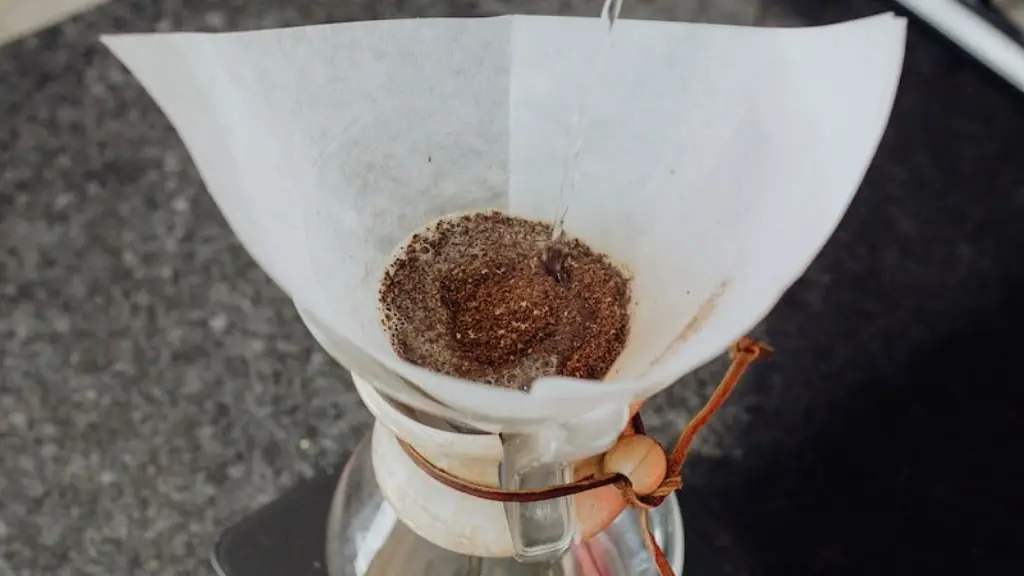Coffee and its Effects on Kidneys
Though the warmth, richness, and fragrance of a fresh cup of coffee are enough to bring joy to anyone’s morning, what goes into the mug might not be as kind to the delicate balance of our body. An over-consumption of coffee has been linked to health problems including insomnia, headaches, and potential heart complications. But many of us don’t think of the effects that coffee could have on our kidneys. It’s important to remember that this isn’t to frighten you away from your morning ritual, but to bring awareness to the potential dangers of the drink.
Some believe that drinking coffee can contribute to developing chronic kidney disease (CKD). The primary cause of CKD is an extended period of high blood pressure. And, though research has been inconclusive, because coffee can cause an increase in blood pressure in its drinkers, it can potentially raise the risk of CKD. Coffee’s diuretic effect is another factor. The rise and frequent visits to the restroom encourage the depletion of potassium and calcium from the body, speeding up the decline of kidney function.
Yet, it is important to reverse the statement here. Simply drinking coffee does not mean you will develop CKD; the jury is still out whether or not it increases the risk. And, when research has been done, the studies focused more on the consumption of soda as it relates to kidney disease.
These all being said, what we do know, is if you do choose to drink coffee, to take it in moderation. Moderate caffeine consumption ranges from one and a half to three cups per day, with each cup estimated to be approximately 200 milligrams of caffeine, depending on the type of coffee. Ingesting too much caffeine can lead to more severe symptoms, such as insomnia and heart palpitations.
Benefits of Coffee on Kidneys
Interestingly, there have been claims of coffee bringing many health benefits, kidney-related and beyond. One major advantage being that it can actually help protect against type 2 diabetes, a condition known to proportionately increase the risk of CKD. A study showed people who drank two to three cups of coffee a day were less likely to develop type 2 diabetes than non-coffee drinkers, lowering their risk of kidney damage.
The same study revealed that coffee could possibly protect against a condition called glomerulosclerosis which is the most common cause of kidney failure. While not relieving the body of other daily factors that can contribute to kidney damage, the benefits of coffee and their interactions with the kidneys cannot be overlooked.
What About Decaf?
As someone who is passionate about staying healthy and enjoys coffee, the option to drink decaffeinated coffee is naturally my go-to. However, coffee enthusiasts will tell you that the best coffee is made with the freshest, most caffeinated beans. Researchers have discovered that though decaf does contain some caffeine, that the chemical, dihydro-quercetin, which is abundant even in decaffeinated coffee, has strong antioxidative and anti-inflammatory effects on the kidneys.
Though there are many skeptics concerning this statement, what we cannot deny is that decaf coffee contains nearly no caffeine. Thus, its diuretic effects are far less than regular caffeinated coffee, giving it more potential to be kinder to our body. It’s better to err on the side of caution and avoid introducing too much caffeine into your system, which can lead to dehydration as well as irritability.
Other Factors that Affect Your Kidneys
It’s important to not just look at the effects of coffee on kidneys and overlook the many other factors that contribute to kidney damage. High blood pressure, diabetes, and length of time spent on dialysis are just a few of the many factors that could possibly cause kidney problems. Though we have explored the potential effects of caffeinated beverages on the body, we must be aware of our entire diet and its effects on us.
Excess sugars, sodium, and fats are sensitivities for the kidneys and must be taken into account if you are looking to avoid kidney risk factors. Knowing this, a recipe for a healthy lifestyle includes making sure your diet consists of nutrient rich foods and that your hydration is well balanced. Additionally, regular exercise and a healthy amount of rest can help you protect your kidneys against the damaging effects of the world.
Factors to Consider When Drinking Coffee
Though regular coffee might not pose an immediate threat to the kidneys, it is important to take into consideration why, how, and how often it is consumed. Before you can make a smart decision about whether or not your diet should include caffeine, here are a few factors to take into account.
The type of coffee: Drinking a strong cup of espresso is much different than drinking a cup of brewed coffee. Espresso contains a larger amount of caffeine which can, in certain cases, be dangerous when not taken in moderation. Additionally, some coffees contain additives such as cream and sugar, both of which can have a negative effect on kidneys due to high sodium and sugar content.
Your medical background: Those who suffer from pre-existing kidney conditions should take precautions to avoid over-consuming coffee, as it might worsen their condition. Additionally, if they believe they might have an underlying kidney condition, they should get a check-up to ensure the condition’s stability.
Amount of water consumed: It is essential to keep hydrated when drinking coffee, as the beverage itself is a diuretic. Not drinking enough water while taking in caffeine can cause a strain on the kidneys, and should be avoided. Additionally, it’s important to keep your hydration balanced but try not to exceed the drinking of 8 cups of fluids in a day.
Coffee Alternatives for Kidney Health
Though many of us have taken our coffee routine for granted and feel that we cannot exist without it, there are many alternatives out there to replace caffeine in your life. You can slowly reduce your need for coffee or opt for coffee alternatives that still give you a burst of energy, minus the health risks. Consider trying darker teas or swapping your coffee for a cup of green tea which all have proven health benefits.
Kidney friendly drinks such as waters and juices can be taken in place of the warmth of a coffee, and the teas may just be the delicious alternative you need to stave off any strong cravings. Taking the activity of getting a cup to the next level? Reach for protein shakes that can act as a middle ground between a coffee and a super food.
At the end of the day, coffee is no villain. There is the potential for coffee to bring health benefits, alongside any other food that is taken in reasonable amount. But, with each person having their own individual kidney health sensitivities, it is important to make an informed decision about what types of food and beverage (coffee included) we may choose to potentiate our health and of course kidney health as well.
Potential Risks of Consistently Drinking Coffee
Though coffee consumption has been a part of human habit ever since the dawn of time, it is essential to give it a second glance when thinking of the health of our kidneys. Again, caffeine in its reasonable amounts is not bad, but if taken in excess can be quite damaging to the body.
It can be difficult to keep track of how much you drink, but if you feel that you have any cause for concern for your body’s health, an important factor to consider is to have a check-up with your doctor or maybe lower your intake of caffeinated drinks. Additionally, if your cup of coffee contains sugars and creams, it can be seen as worse than just a simple black cup. Hence, it’s best to just drink the hot liquid straight.
It can be easy to search for a black and white answer to whether or not coffee is bad for your kidneys, but it’s important to remember that this isn’t the answer. Medical conditions vary per person and the best thing to do is to take into account your own sensitivities and background, while also looking into the effects of coffee on kidneys beforehand.
How to Moderate Coffee Drinking
The easiest way to moderate is to know how much caffeine is in your cup. Moderating caffeine means paying attention to the amount of coffee than an average person drinks in a day—one to three cups, or 200 milligrams of caffeine. Anything more may lead to sleep deprivation, heart palpitation, and dehydration.
Given that black coffee is usually lower in calorie and caffeine content than specialty coffees such as lattes, cappuccinos, or mochas, it is probably a better option for those who are looking for a better way to drink coffee without as much risk. It can also be helpful to have a good night sleep routine to counteract any alertness coffee might bring, allowing the body to rebuild.
We know coffee isn’t going anywhere, so it’s important to keep in mind the necessary changes one must make to make it a kidney-healthy habit. Mainly, it’s important to moderate how much coffee we drink and understand its potential effects on the body. Whether you love it or hate, it’s important to respect coffee and all its benefits if taken in moderation.
Conclusion
Coffee is one of the eternal drinks of the human race. It’s important to take the effects of the drink into account when thinking of the health of our kidneys, more than anything else. That being said, moderation and paying attention to the type of coffee we drink can be the key to making it a healthy habit.





